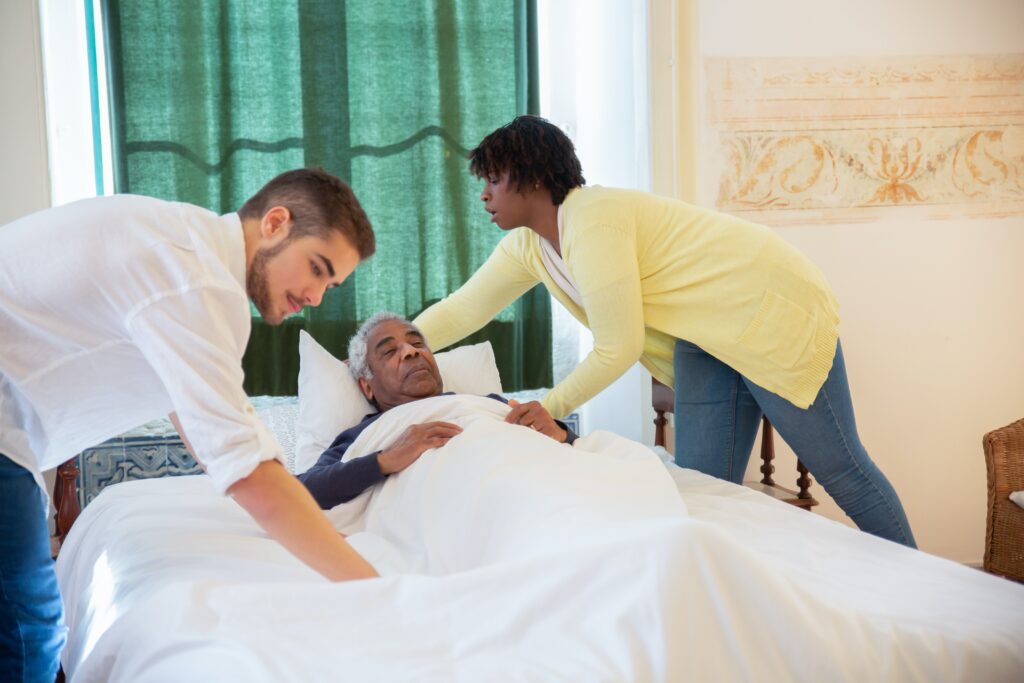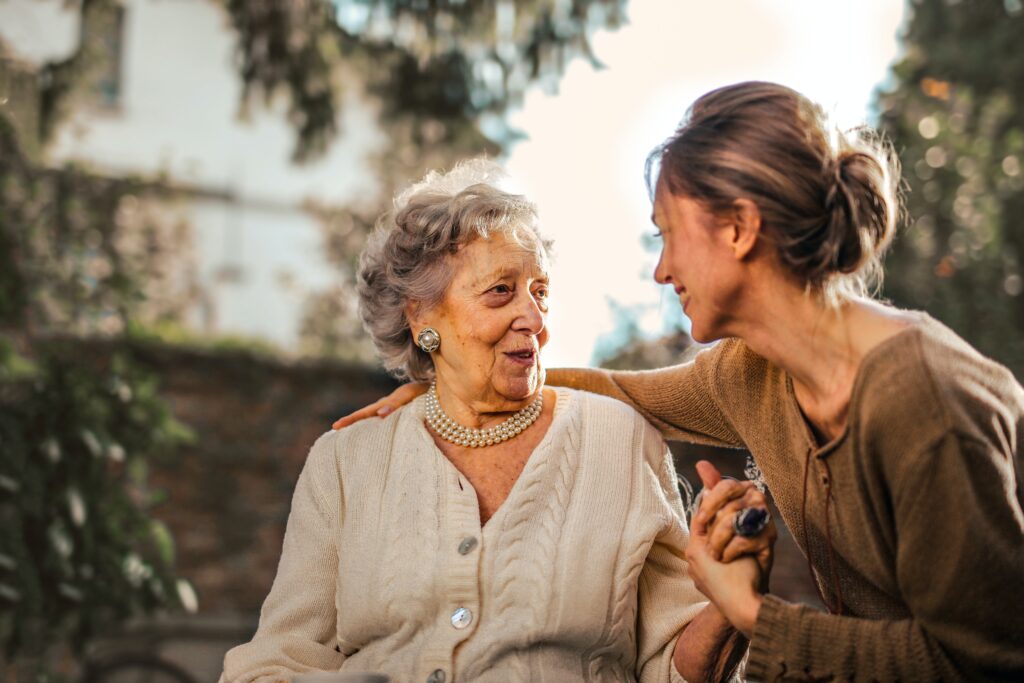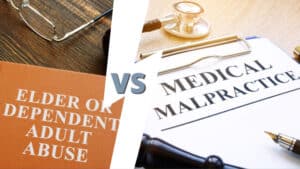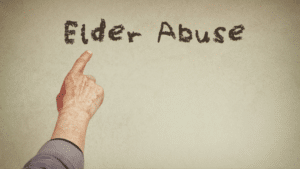As of 2014, approximately 1.4 million Americans live in nursing homes. Although families move their loved ones into these facilities so they can live their final years in safe, stimulating environments with immediate access to medical care, neglect and other types of elder abuse can and do occur regularly. One reason why neglect and abuse occur is that nursing homes are often understaffed and overcrowded, pushing already-stressed staff members to spread themselves thinly to serve residents’ needs. This does not make elder abuse acceptable. Nothing does.
Elder abuse does not only happen in nursing homes and assisted living facilities. Many older adults live with family members, and according to the National Council on Aging (NCOA), 60 percent of elder abuse perpetrators are related to their victims. If you suspect your loved one is facing abuse from his or her caregiver, do not simply ignore your suspicion. Investigate the case and if necessary, work with an experienced elder abuse lawyer in Oakland to report the case to authorities and pursue compensation for your loved one’s damages.
Types of Elder Abuse
Elder abuse comes in many forms. An individual can face one type of abuse or multiple types at once. These include:
- Neglect. This is the failure to provide adequate care on the caregiver’s part. It can involve failing to provide social stimulation, medical care, nutritious food or clean water, or attending to the individual’s hygiene needs;
- Physical abuse. This is any instance of hitting, kicking, or other physical harm inflicted on an individual. It can also involve denying an individual food or medical care;
- Emotional abuse. Emotional abuse is abuse that damages the victim’s self esteem and makes him or her feel unwanted and unloved;
- Psychological abuse. Psychological abuse is abuse that involves manipulating the victim’s sense of reality and his or her perception of events;
- Sexual abuse. Any time an individual is subjected to unwanted sexual contact or sexual relations to which he or she cannot consent, he or she faces sexual abuse; and
- Financial abuse. Also known as financial exploitation, financial abuse is mistreatment that involves taking money and valuables from elderly victims, either through direct or deceptive means.
Recognizing Elder Abuse in California
You can pick up on the signs of elder abuse during visits with your loved one. If you notice one or more of the following signs, be alert that your loved one could be experiencing abuse from his or her caregivers:
- Mood swings and changes in personality, especially social withdrawal;
- Changes to your loved one’s sleeping pattern;
- Sudden weight loss or weight gain;
- Changes to your loved one’s alertness or cognition levels;
- Unexplained bruises, scars, or other marks;
- Changes to your loved one’s physical health;
- Signs that your loved one is not receiving hygiene care; and
- New charges on his or her account or sudden large withdrawals.
What to Do if you Suspect your Loved One is Being Abused
The easiest way to recognize elder abuse is to spend time with your loved one regularly. Visit him or her at his or her facility or caregiver’s home at various times of day, on different days of the week, to get a better sense of your loved one’s regular routine. If you recognize one or more symptoms of abuse, discuss your observation with his or her caregiver. You might find that your suspicion is incorrect; that your loved one’s weight fluctuations or mood swings are due to a change in his or her medication or the progress of his or her condition. You might also find that you are correct and that you need to take action to protect your loved one from further harm. Do not be shy about discussing your concerns with your loved one’s caregiver; doing so can potentially save his or her life.
If your loved one is in immediate danger, call 911 to have an ambulance dispatched to the scene to provide care. If you feel strongly that abuse is occurring, but there is no immediate risk of harm, report the facility to Adult Protective Services, a department within the California Department of Social Services. For additional support, use the federal Eldercare Locator to find local reporting agencies.
When you make your report, be sure to report your relative’s name, facility, the symptoms you have observed, whether he or she has received medical care for abuse-related injuries, and the names of any staff members you know or believe were involved in your loved one’s abuse.
Seeking Compensation for Elder Abuse Damages
When you file an elder abuse claim, you can seek compensation for your loved one’s damages. These can include his or her medical expenses, the cost of moving him or her to a new facility, and even your lawyer and court expenses incurred while pursuing the claim. You can also seek compensation for your loved one’s damages related to his or her reduced quality of life caused by the abuse, such as worsened mental health or a shortened life expectancy. Your lawyer can help you identify all of your loved one’s damages and pursue compensation for them from the party responsible for the abuse.
Work with an Experienced Oakland, CA Elder Abuse Lawyer
When an elderly individual faces abuse at the hands of his or her caregivers, he or she is often unable to speak up and take action to recover from the related damages. That is where the victim’s advocate, often his or her younger relative, comes into the picture. As your loved one’s advocate, your job is to pursue his or her claim to seek compensation for his or her damages. As your elder abuse lawyers, our job is to handle the legal aspects of the case to increase your chance of recovering compensation for your loved one’s damages. Contact our team at Dolan Law Firm today to set up your free case evaluation with us and learn more.












